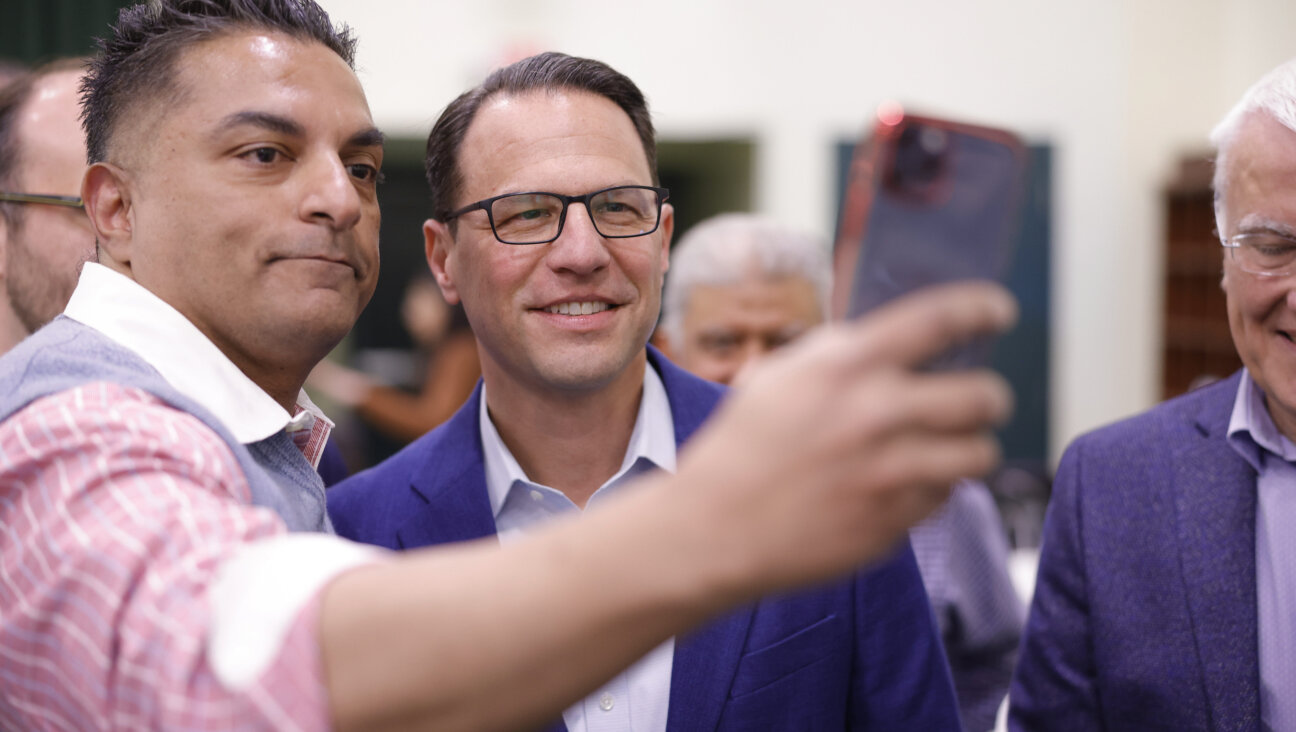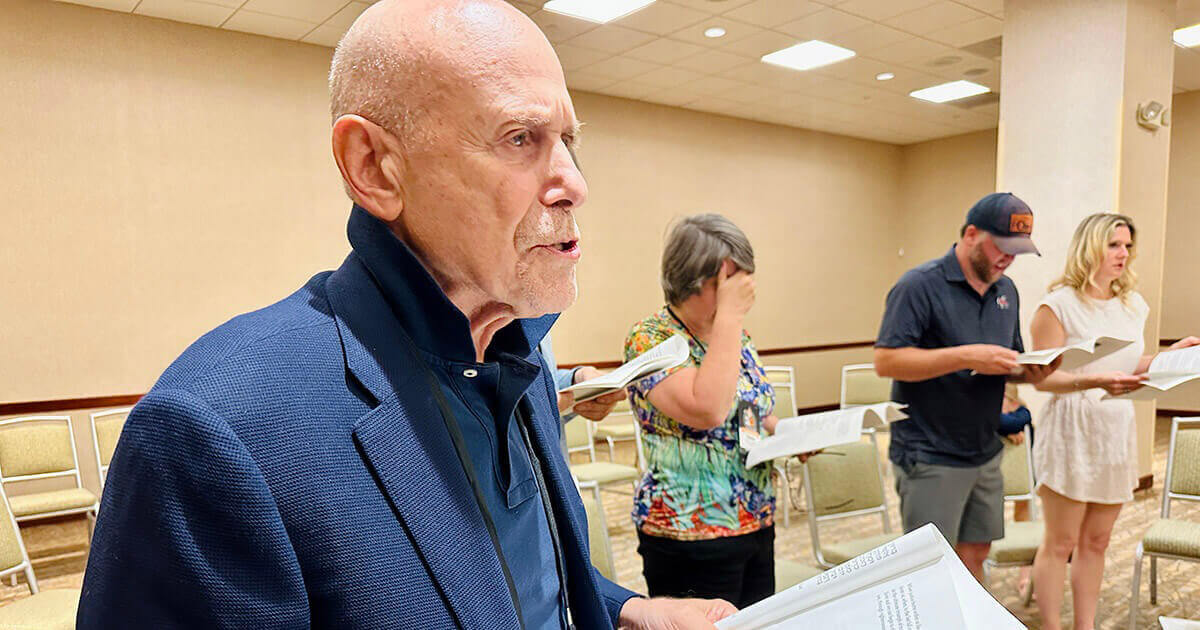PSALM 151
THE MUSES
Mrs. Sperling,
Mrs. Meadow,
my grandmother, Gusty —
evening, porch, shadows,
robed in cotton dresses,
buttoned-up sweaters,
hair tied back in buns
under babushkas,
wire-rim spectacles
and heavy black shoes.
Twittering in Yiddish.
Even when young
they looked old. Each
had at least one deaf ear,
how they looked directly
at you when you spoke.
Hidden in their nest
perched in the buckeye
that throws its leaves
across early evening.
Three widows from across
the waters. They’ve returned.
I want them to rest awhile
after their long lives of labor
before they spin and weave,
these birds of some exotic
species not recorded
on anyone’s life list,
relaxing their shoulders
as the shiny brown fruit plunks
into the grass. I place one
in each of their dough-crusted
hands, reciting Basho:
it is a common flower
the worldly think not worth
their note, chestnut
at the hermit’s eaves.
I want them to kibitz
about nothing we should
be concerned with
until the next millennium,
or the one after.
— Philip Terman
* * *|
Philip Terman was born in Cleveland, Ohio, and studied at Ohio University, the University of Washington and Ohio State University. He teaches creative writing at Clarion University. His first full-length collection, “The House of Sages,” was published by Mammoth Books in 1998. He has received the Anna Davidson Rosenberg Award for poetry on the Jewish experience, an Academy of American Poets prize, and the Kenneth Patchen Award. Mammoth is bringing out a second collection, “Book of the Unbroken Days,” in 2003.
“The Muses” can be read pleasurably as an affectionate salute to three old ladies, the poet’s grandmother among them, each deaf in one ear, but “twittering” happily in Yiddish in the shade of that iconic Ohio tree, the buckeye. The women — clearly immigrants from the old country — are seen as migrant birds who have taken nest in the American landscape, and since for a poet a bird is also often an emblem for the self (from John Keats’s nightingale to Walt Whitman’s “solitary singer”), we see as well that these three old birds have carried a song of Jewish self from the old country to the new, and that the poet, listening as a child, picked up some flavor of that song that still endures in his work.
Yet here is where the story gets complicated, mingling old country and new, American and Jewish, Greek (for the muses) and Japanese. The three muses — a number more apt for the graces, but who’s counting? — represent the source of poetic inspiration, but so does Basho, the Japanese haiku master. The brown fruit that falls at their feet — and which the poet remembers himself as a boy handing to them as an offering — recalls the chestnut in Basho’s poem. It is said that some birds — the mockingbird, for instance — pick up songs of every bird they’ve mingled with in their travels. Poets travel even faster than birds on “the viewless wings of poesy,” as Keats once put it, and they travel as well by ear and by heart.
A message from our editor-in-chief Jodi Rudoren

We're building on 127 years of independent journalism to help you develop deeper connections to what it means to be Jewish today.
With so much at stake for the Jewish people right now — war, rising antisemitism, a high-stakes U.S. presidential election — American Jews depend on the Forward's perspective, integrity and courage.
— Jodi Rudoren, Editor-in-Chief






















